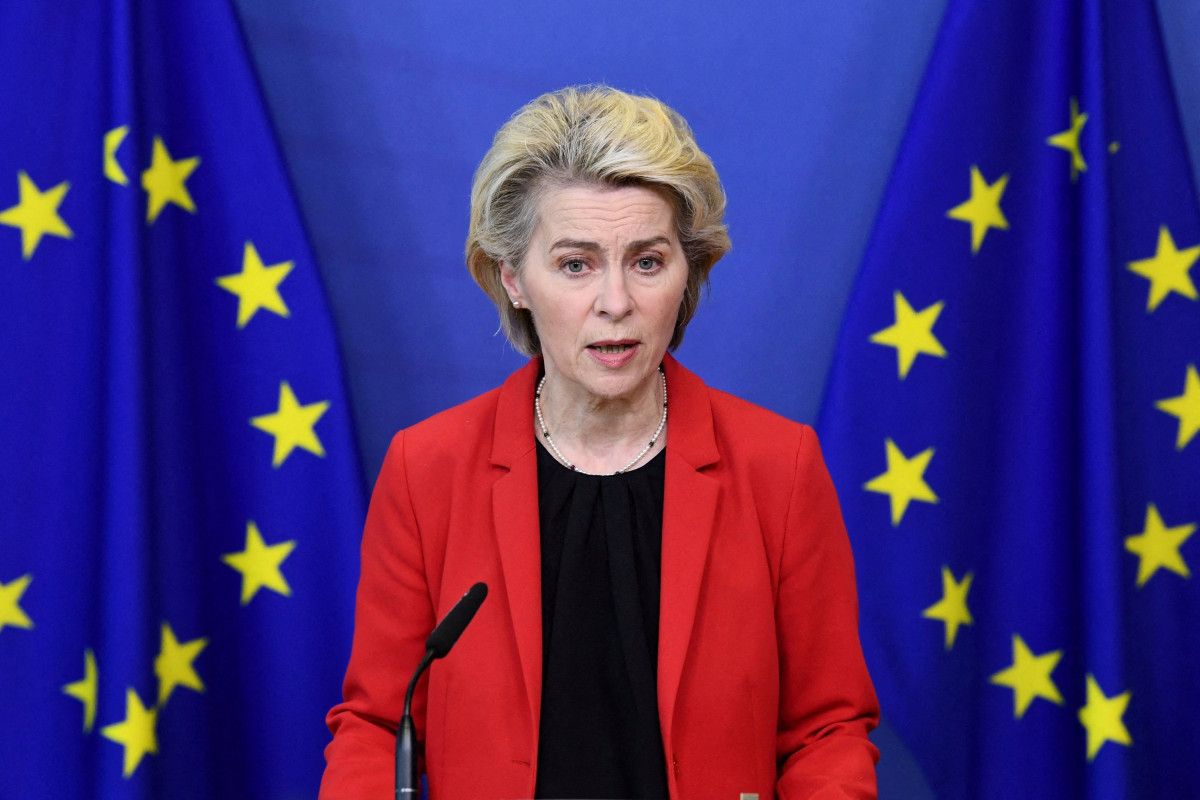EU-Azerbaijan gas deal: On the heels of a draft memo

By Orkhan Amashov
A long-overdue new gas deal between Brussels and Baku will need to address, inter alia, two fundamental issues: the investment in the extension of the existing pipeline network and gas fields in Azerbaijan, and the substantial increase in volumes delivered to Europe. The draft memorandum of understanding, dated 11 July, which is reported to have been submitted as a proposal by the EU Commission for the consideration of Member States, appears to fit the bill on both counts.
Nub of the design
As of now, any prediction as to its content is based on the reports made by Reuters and EU Observer who claim to have seen the document. On 15 July, President Ilham Aliyev announced that gas deal negotiations are underway, the substantial part of the work has been completed and a new agreement will be signed soon, without delineating its details.
On top of this, given that Ursula van der Leyen, President of the EU Commission, and Kadri Simpson, EU Energy Security Commissioner, are to visit Baku next week, and a bilateral meeting is scheduled in Brussels for 19 July, one could safely assume the that the wheels are in motion at maximum velocity.
The strategic partnership that the EU and Azerbaijan has carefully cultivated over the past few decades is a deeply rational relationship. In the energy sector, its essence is primarily based on the following: Europe needs gas, Azerbaijan wants to increase its export capabilities, there must be a clear consensus on risk-sharing in terms of long-term investment, and the whole scheme should be in line with the EU’s climate change priorities.
These are the main ingredients that will form the bulk of a future deal, with all other considerations being subservient to them. The text of the draft memo seems to be guided by these exigencies, yet certain critical details, such as the exact delineation of investment shares, are yet to make their way to the public domain.
Although the document-in-progress does not mention the ongoing invasion of Ukraine, the fallout from which lies at the very heart of the EU’s current exacerbated predicament, the work on a new deal is undoubtedly part of the efforts to diversify the Continent’s energy supply sources, routes and overdependence on Russian gas.
A proposed no-strings-attached agreement aims to increase annual gas exports from Azerbaijan to Europe, via the westernmost Trans-Adriatic Pipeline (TAP) segment of the Southern Gas Corridor (SGC), to 20 bcm by 2027, in accordance with “commercial viability” and “market demand”. The draft memo recognises that such an increase is possible by means of investing in the existing pipeline system.
Investment: Risk sharing
One is given to understand that the risks will need to be shared. No exact figure has yet emanated from the scant sources available. President Ilham Aliyev has consistently raised the issue of funding, with a special reference to the nature of the gas business, in which investments precede gas exploration and production. In this vein, the memo’s mention of “stable”, “secure” and “predictable” gas supplies are of heightened significance.
What can be ascertained for now is that the draft outlines the significance of the encouragement of financing of the expansion of the pipeline network by both sides. It should not be forgotten that such an increase, in addition to the investment required for the purpose of enlarging the SGC’s capacity, will require pumping money into gas exploration itself. In this vein, the memo appears to be short on detail.
The memorandum of understanding, in line with the spirit of strategic partnership, refers to “respect for and support for the territorial integrity, inviolability of international borders, independence, and sovereignty of each other, including all EU Member States”.
This provides Azerbaijan with additional diplomatic assurance in the aftermath of the Second Karabakh War, partially paving the way to a peace treaty with Armenia, which will incorporate similar provisions.
The memo also envisages the development of electricity interconnections between the EU and Baku, via the Black Sea and through the Nakhchivan exclave of Azerbaijan, this being corollary to the main provisions.
Environmental considerations
The memo highlights the importance of adhering to Europe’s climate-change objectives. In fact, one of the obstacles, as voiced by Mikayil Jabbarov, Economy Minister of Azerbaijan, in Davos in late May this year, that have had negative implications for EU-initiated investment in Azerbaijan’s gas sector over the past years, is linked with Brussels’ currently-shelved policy of a drastic switch to green energy.
Now, it seems in the face of the present crisis engendered by the Ukrainian crisis, Brussels is back to a steady and incremental approach. The current goal is to follow the path of plummeting gas imports from 2030 onwards and now focus on a wide range of environmentally-friendly measures satisfying contemporary exigencies.
The draft memo underlines the import of making existing infrastructure future-proof and hydrogen-ready, thereby reducing methane emissions and pollution.
The sides also support the creation of schemes to collect natural gas that would otherwise be vented, flared, or released into the atmosphere. The memo also mentions that the aim should be to incentivise fossil-based natural gas collection through price mechanisms.
The EU Commission's proposal is subject to subsequent alteration by the Member States, whose consent is mandatory. Although the fundamental design and spirit of the document are unlikely to be changed, it would no doubt benefit from some investment-related specifications.
---
Follow us on Twitter @AzerNewsAz
Here we are to serve you with news right now. It does not cost much, but worth your attention.
Choose to support open, independent, quality journalism and subscribe on a monthly basis.
By subscribing to our online newspaper, you can have full digital access to all news, analysis, and much more.
You can also follow AzerNEWS on Twitter @AzerNewsAz or Facebook @AzerNewsNewspaper
Thank you!
